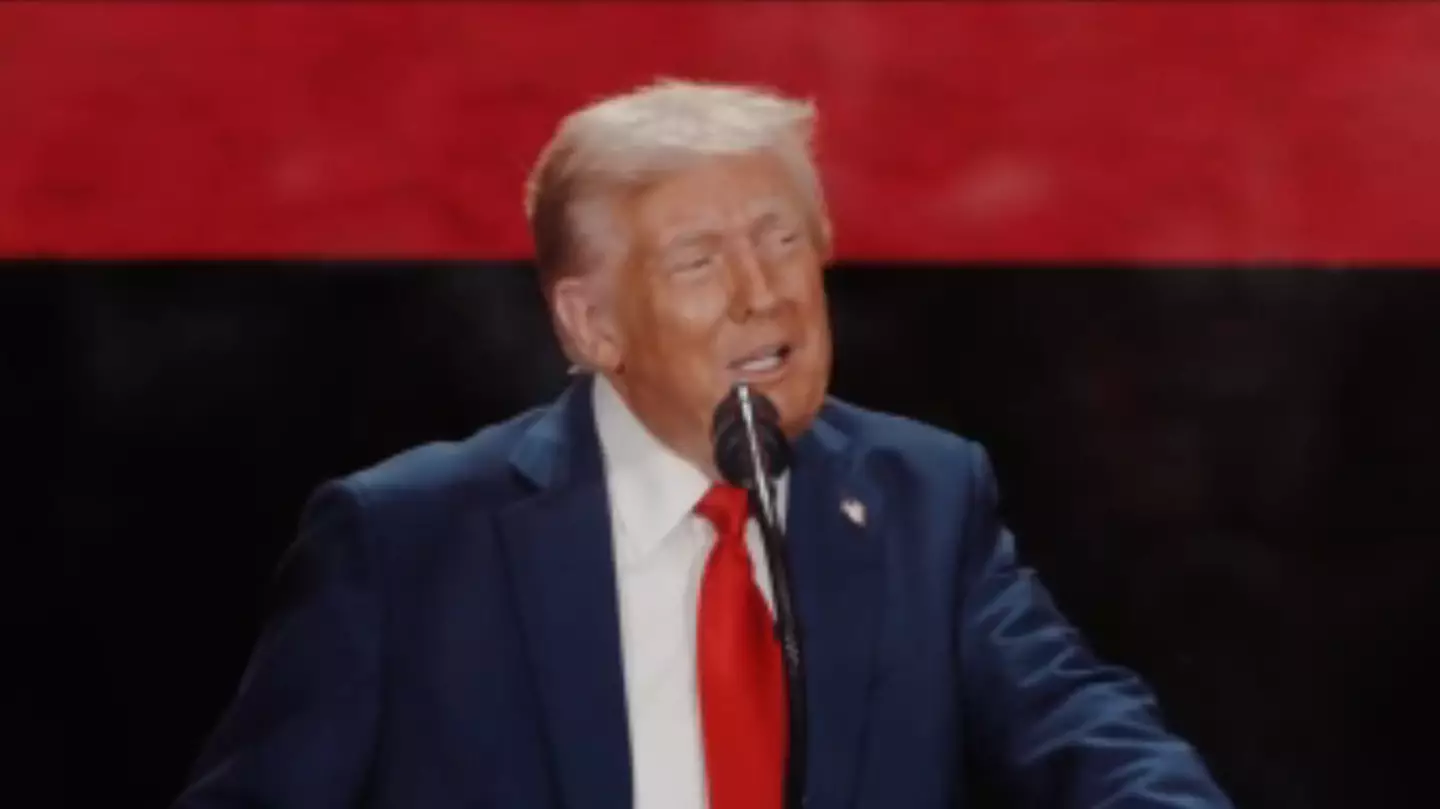Donald Trump says the reason he has never drunk alcohol is simple and absolute: an early warning from his older brother, Fred Trump Jr., and the memory of watching alcoholism destroy a man he loved and admired. He has repeated the line for decades—on campaign stages, in interviews, at the White House and in books—and the language seldom varies. “I had a brother, Fred. Great guy, best-looking, best personality,” he has said. “But he had a problem with alcohol. And he would say to me, ‘Don’t drink. Don’t drink.’” Trump adds a stock refrain to underline the point: “I can honestly say I’ve never had a beer in my life. It’s one of the few good traits I have.” He extends the vow beyond alcohol, saying he has never smoked cigarettes or used illegal drugs, and sometimes adds that he has never had a cup of coffee either. The pledge reads as both a personal rule and a public message, one he says he repeats to young people whenever he can: “Don’t drink, don’t smoke, don’t take drugs.”
The family story that anchors that stance is stark. Fred Trump Jr., known as Freddy to friends and relatives, was eight years older than Donald and for a time seemed the sibling best positioned to inherit the real estate operation run by their father, Fred Sr., in Queens and Brooklyn. Charismatic and independent, he chose a different path, training as a pilot and flying for Trans World Airlines. By his early forties he was struggling with alcohol use, drifting from aviation, and, according to the family, racked by the friction between what he wanted to do and what others expected him to become. He died in 1981 at the age of 42. The official cause was a heart attack; those close to him have long said alcoholism played a central role. Donald Trump, then in his mid-thirties and beginning to emerge as a developer in Manhattan, has called his brother’s decline “a tremendous lesson” and “a great negative lesson,” saying the shock of it “profoundly affected” the choices he made afterward.
Trump’s abstinence has served as a biographical counterweight in moments when drinking culture sits close to the story of the day. During a 2015 primary debate, he volunteered that he did not drink—“never had a drink”—before pivoting to his standard cautionary note about Fred. In 2018, as the Senate confirmation fight over Brett Kavanaugh turned into a national argument about teenage drinking and character, Trump told reporters, “I can honestly say I’ve never had a beer in my life. Can you believe it? I’ve never had a beer.” He cast the line as both pledge and punch line—“I’m not a drinker. I can honestly say I never had a beer in my life. It’s one of my only good traits”—and returned immediately to the family warning that he says made the pledge stick. On the rally circuit he often compresses the story to a sentence or two and directs it at the front rows where parents have brought children to see a former president up close: “Kids, no drugs, no alcohol,” he says, tapping the lectern for emphasis.
The personal ethic sits alongside a commercial reality that has drawn occasional comment: Trump has put his name to liquor ventures and owns a Virginia winery, while insisting he does not drink what he sells. He launched a premium vodka in the mid-2000s that failed to gain traction and later promoted wines and spirits linked to his properties. He has answered questions about that juxtaposition by saying there is no contradiction between abstaining and running a business that caters to customers who do not. Surrogates have echoed that position when pressed, framing it as equivalent to a restaurateur who does not eat meat or a hotelier who does not use the spa. Trump himself has said simply that he made a decision about his own habits because of what he witnessed at home and that it does not extend to prescribing choices for others.
